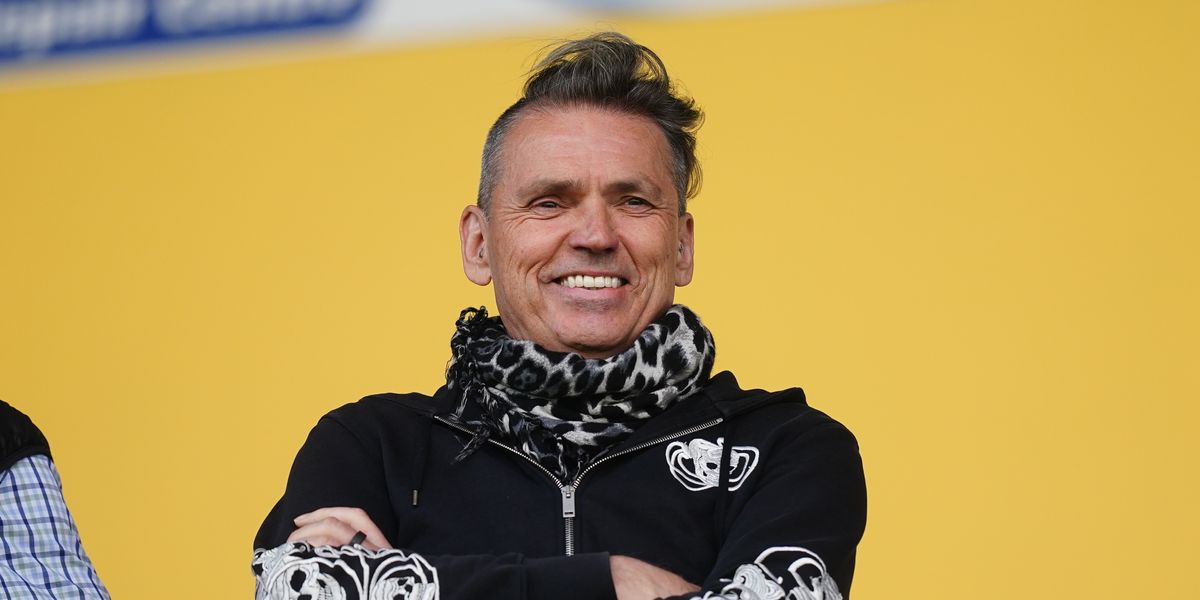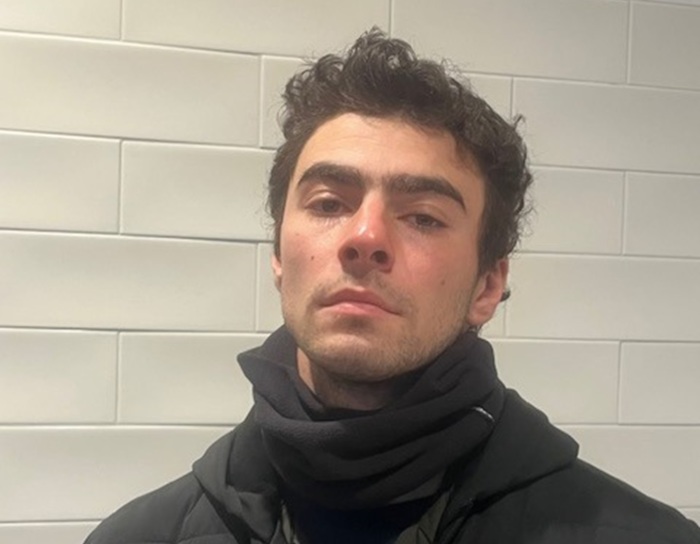Since South Korean President Yoon Suk-yeol was impeached by the National Assembly on December 14 – 11 days after he declared martial law – the Constitutional Court has kicked off the preparatory processes for his impeachment trial.
Despite his vow not to avoid legal and political responsibility, made during an address on December 7, however, Yoon has repeatedly refused to receive documents sent by the Constitutional Court, according to local media reports. According to the court, the impeachment trial will proceed once he receives the documents. However, it implied that it will come up with a way to proceed with the trial even if Yoon keeps refusing to accept the documents.
Yoon also has not answered a summons from the High-ranking Officials’ Crime Investigation Agency, which is investigating the president for treason and insurrection.
According to Seok Dong-hyun, who is one of Yoon’s lawyers, the declaration of martial law cannot be an act of treason. In Seok’s words, “Yoon has not thought about treason… how can there be treason where [someone] stops it because the National Assembly tells them to stop?”
Also, Seok reiterated Yoon’s stance that the declaration of martial law was an inevitable move to inform people the severity of the opposition Democratic Party’s impediments on his statesmanship.
Seok also claimed that Yoon never said any words related to “arrest” during the brief period of martial law. One of the central points in the insurrection investigation is the allegation that Yoon had ordered the military to arrest opposition politicians before the National Assembly could vote to overturn martial law.
However, nearly 70 percent of South Koreans deem that Yoon committed treason through his declaration of martial law. Troops broke windows to enter the National Assembly’s plenary session in an attempt to block lawmakers from passing the resolution to overturn martial law. Under South Korea’s Constitution, the legislators are the only ones who can legally lift martial law imposed by the president. The fact that the military tried to impede the National Assembly’s effort to lift martial law simply highlights the declaration’s illegitimacy.
In the wake of Yoon’s declaration of martial law, Kim Yong-hyun, the former defense minister who commanded the operations of martial law troops, and commanders who were known to cooperate with Yoon and Kim, have been arrested. Some of the commanders have given damning testimony regarding Yoon’s actions on the night of December 3 – including Kwak Jong-geun, former commander of the Army’s Special Warfare Command, who revealed that he was ordered directly by Yoon to “drag the lawmakers out” of the plenary session before they could vote for lifting martial law.
Based on such testimony, the opposition parties and the public at large have urged the investigation agency to arrest Yoon immediately, as even a sitting president can be arrested if he committed treason. However, the investigation agency has not made significant moves yet. It has forbidden Yoon from leaving the country, but that alone is not an effective measure to investigate how the president planned to declare martial law and what specific orders he made to Kim and other commanders.
It took only four days for the National Assembly, which is controlled by the main opposition Democratic Party, to table a motion for impeaching Yoon. However, the opposition’s first attempt to impeach Yoon at the National Assembly on December 7 was unsuccessful, as only three out of the 108 ruling People Power Party lawmakers took part in the vote. In order to impeach the president, at least 200 of 300 lawmakers need to support the motion.
Two days before the opposition’s second try to impeach Yoon, the president made his second address since revoking martial law. Yoon’s first address, clocking in at under 2 minutes, expressed his apologies to the people who were shocked by his declaration of martial law. By contrast, in his second speech on December 12 Yoon spent nearly 30 minutes accusing the DP of trying to overthrow the government. He also justified his declaration of martial law, saying he had no choice due to the DP’s repeated impediments to his statesmanship at the National Assembly.
With this, Han Dong-hoon, the then-leader of the PPP, said Yoon’s second address was tantamount to a confession that he committed treason. Also, Han suggested that PPP legislators vote to impeach Yoon, as the president had gone back on promises that he would let the PPP make important decisions – including shortening his presidential term – to stabilize the country. As Yoon clearly showed his intention not to step down, Han helped the opposition’s second attempts be successful.
After that, it was predictable that there would be at least eight PPP lawmakers who would vote to impeach Yoon on December 14 – enough to reach the 200 vote threshold. On December 14, the National Assembly passed a bill calling for impeaching Yoon with 204 votes. However, the motion has only suspended Yoon from duties. In order to impeach Yoon firmly, the Constitutional Court needs to uphold the impeachment.
Under the constitution, Yoon will be impeached if six of nine judges uphold the impeachment vote. However, as there are only six judges sitting in the Constitutional Court at the moment, the PPP and the DP are snarling over the issue of appointing additional judges – a question that could be critical for Yoon.
The Constitutional Court’s nine judges are appointed in different ways: three each by the Supreme Court, the president, and the National Assembly. Currently, the three vacant seats are the judges that should be appointed by the National Assembly; normally, the president’s approval of these appointments is simply a formality.
However, the PPP claims that Prime Minister Han Duck-soo, the acting president, cannot nominate judges, pointing out that Hwang Kyo-ahn, who was the acting president when Park Geun-hye was impeached, did not nominate judges. The DP argued that because the three vacancies are the National Assembly’s to fill, Han can nominate the judges after lawmakers conducts the hearings. Two nominees have been selected by the DP and one nominee was selected by the PPP.
Of the six judges currently in the Constitutional Court, Judge Chung Hyung-sik was nominated by Yoon. He was also selected as chief judge for the impeachment hearing in a random drawing. The opposition is moving to hold confirmation hearings of the nominees to fill the vacancies on the court, so as to not leave Chung as the key decision maker. If the court has only six judges during the trial, a decision to impeach Yoon would need to be unanimous.
Park Geun-hye was impeached by the Constitutional Court with the judges’ unanimous agreement, although two of the eight judges at the time were nominated by Park. In this context, law experts say the ideology of judges would not affect Yoon’s impeachment case if the allegations of treason are substantiated.
Under the constitution, the Constitutional Court should rule on Yoon’s impeachment case within 180 days after the National Assembly passed the motion to impeach. It took just 92 days for the Constitutional Court to decide on Park’s impeachment in March 2017. As the allegation that Yoon committed treason with his illegitimate declaration of martial law is the only reason the National Assembly included for its bill calling for impeaching Yoon, experts predict that it would not take longer than 92 days.
If officially impeached by the Constitutional Court, Yoon will be the shortest-serving president in South Korea’s history since 1987 when the country adopted a direct-election system. Yoon assumed the presidency on May 10, 2022.

 By The Diplomat | Created at 2024-12-19 14:41:25 | Updated at 2024-12-19 18:20:12
4 hours ago
By The Diplomat | Created at 2024-12-19 14:41:25 | Updated at 2024-12-19 18:20:12
4 hours ago








